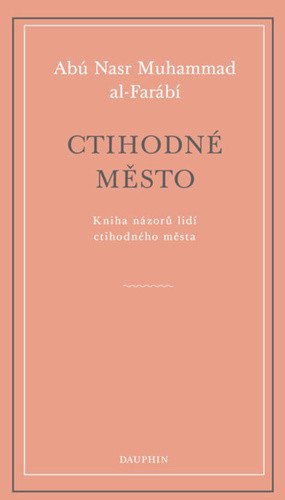Beschreibung
The first Czech translation of the pillar of peak medieval Aristotelian Arabic philosophy known as the Second Master Abū Naṣr al-Fārābī. The central theme of the Honorable City is the virtuous regime, a political order whose main principle is the creation of human perfection through virtue. Al-Fārābī understands the social or political sciences as a means to examine man to the extent that he differs from other living beings and from divine beings. He seeks to understand his specific nature, which creates his perfection, and the way in which he can achieve it. Unlike other animals, man does not become perfect solely through the natural principles he possesses, and unlike divine beings, he is not perfect from the beginning but must achieve his perfection through activities arising from rational understanding, from reflections and choices among various alternatives presented to him by his reason. Al-Fārābī divides society into two groups: the perfect (kāmila) and the imperfect (nāqisa). He considers the city to be the smallest society capable of ensuring happiness for its individuals, and the ideal city is one in which people cooperate with each other to achieve happiness just as the community (umma) and settlement (macmúra) do. The perfect...
Information
Author: al-Farábí Abú Nasr Muhammad
Publication date: 30. Oktober 2024
Manufacturer: Daniel Podhradský - Dauphin Praha
Genres: Books, Philosophy, Specialized and technical literature, Social sciences
Type: Books - paperback
Pages: 200
ISBN/EAN: 9788076455740

